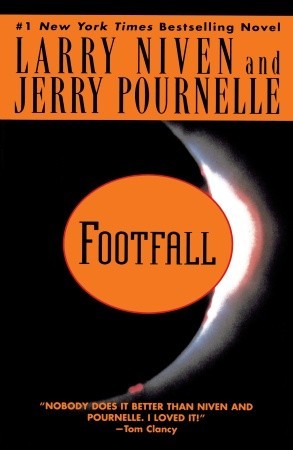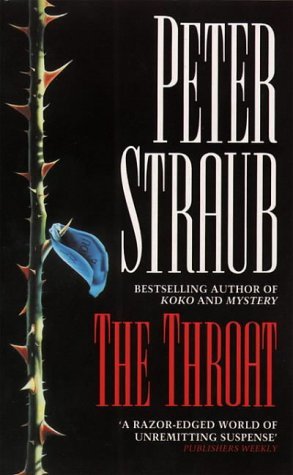 this is a beautiful, dreamy fantasy. it is about a fallen city, the mysterious city under that city, two magical beings, a royal bastard, a cast-out mistress, a kind of changeling, a curious scholar, a lonely child prince. it is about ruthless control and equally ruthless revolution against that control. although it does not have faerie, it is a fairy tale, one that is both modern and classic in tone and structure. the writing is splendid; McKillip's words are like gems that she strings together to make a sparkling kind of wonderful. she does not overwrite her story; her prose is lusciously rich, almost edible - but it is also streamlined, stripped-down, full of ambiguity and meaning yet never spelling things out too explicitly, never getting lost in detail. sometimes you have to step back, to appreciate the vivid beauty conveyed on the page, to wonder over the mysteries being so carefully teased out, piece by piece. the setting, the city of Ombria, is a marvel: a sad, gloomy, violent, desperately alive place, one that has fallen far from its glorious history; a sad, gloomy, mysteriously un-alive un-place, a shadow city beneath and between and co-existing with the living spaces of Ombria, an un-living history. Ombria in Shadow is full of magic, tragedy, mystery, and love.
this is a beautiful, dreamy fantasy. it is about a fallen city, the mysterious city under that city, two magical beings, a royal bastard, a cast-out mistress, a kind of changeling, a curious scholar, a lonely child prince. it is about ruthless control and equally ruthless revolution against that control. although it does not have faerie, it is a fairy tale, one that is both modern and classic in tone and structure. the writing is splendid; McKillip's words are like gems that she strings together to make a sparkling kind of wonderful. she does not overwrite her story; her prose is lusciously rich, almost edible - but it is also streamlined, stripped-down, full of ambiguity and meaning yet never spelling things out too explicitly, never getting lost in detail. sometimes you have to step back, to appreciate the vivid beauty conveyed on the page, to wonder over the mysteries being so carefully teased out, piece by piece. the setting, the city of Ombria, is a marvel: a sad, gloomy, violent, desperately alive place, one that has fallen far from its glorious history; a sad, gloomy, mysteriously un-alive un-place, a shadow city beneath and between and co-existing with the living spaces of Ombria, an un-living history. Ombria in Shadow is full of magic, tragedy, mystery, and love.MAGIC: it is front and center. don't expect rules to this magic, although it doesn't feel random. it is simply not spelled out. it is as ambiguous and mythic as the rest of the tale. its two sorceresses - one a fell and fungal villain of the darkest hues and the other an unsettling force of nature, change, and potential catastrophe - are marvelous creations.
TRAGEDY: there are the central tragedies, of course, the greater ones that dominate the narrative. but McKillip does an excellent job in making the tragedy hurt beyond those larger strokes, beyond the death of a king, beyond the attempted murders, beyond the ruination of a city. she makes the tragedy felt in many small ways... casual violence in the night, the distance between father and daughter, lovers parted and lost, the feeling of disempowerment, the loneliness of a little boy.
MYSTERY: answers are almost always tantalizingly out of reach, parsed out little by little, nothing ever simply dumped on the reader. the ending gives you answers, but they are not straightforward, they require contemplation and a willingness to forsake easy answers and easy satisfaction. when they come, the answers were almost as mysterious as the mysteries themselves. that said, when the riddles of the nature of the two sorceresses were finally answered, separately... marvelous to read, perfect.
LOVE: my gosh i was delighted about the Love that is at the heart of this tale. specifically, the love between children and those people in their lives who love them and care for them - be they parents or friends or guardians. of course i have nothing against Romantic Love and its place in any story. but how refreshing to have that focus changed! there are Love Stories in Ombria, naturally. but this book has at its heart Familial Love - with "family" being one that is both born and chosen.
this is the kind of book that you just want to hold close to your heart, be sentimental over, and think about again... but perhaps not talk about, at least not too much. it is a delicate book, like most precious things.






